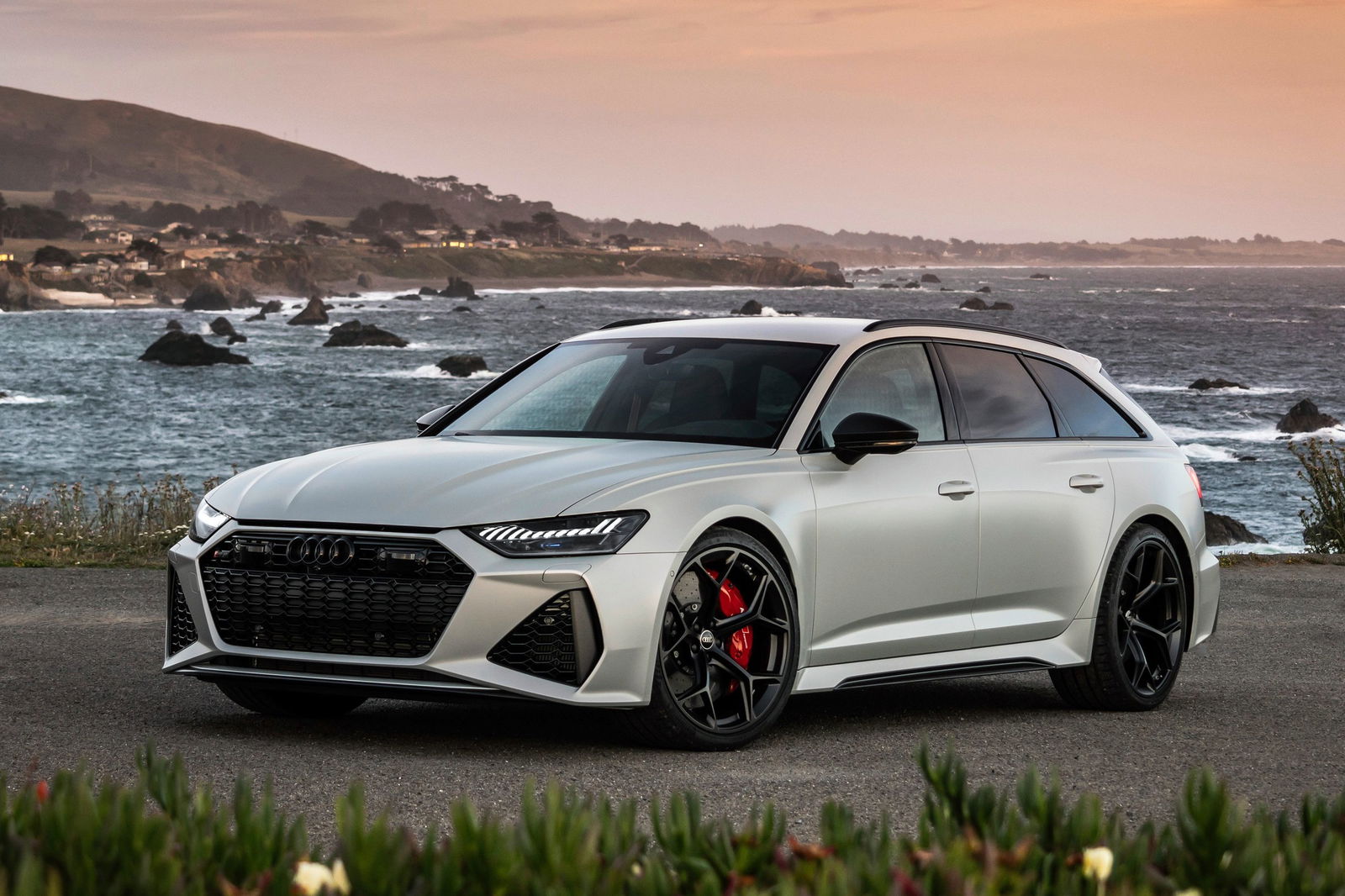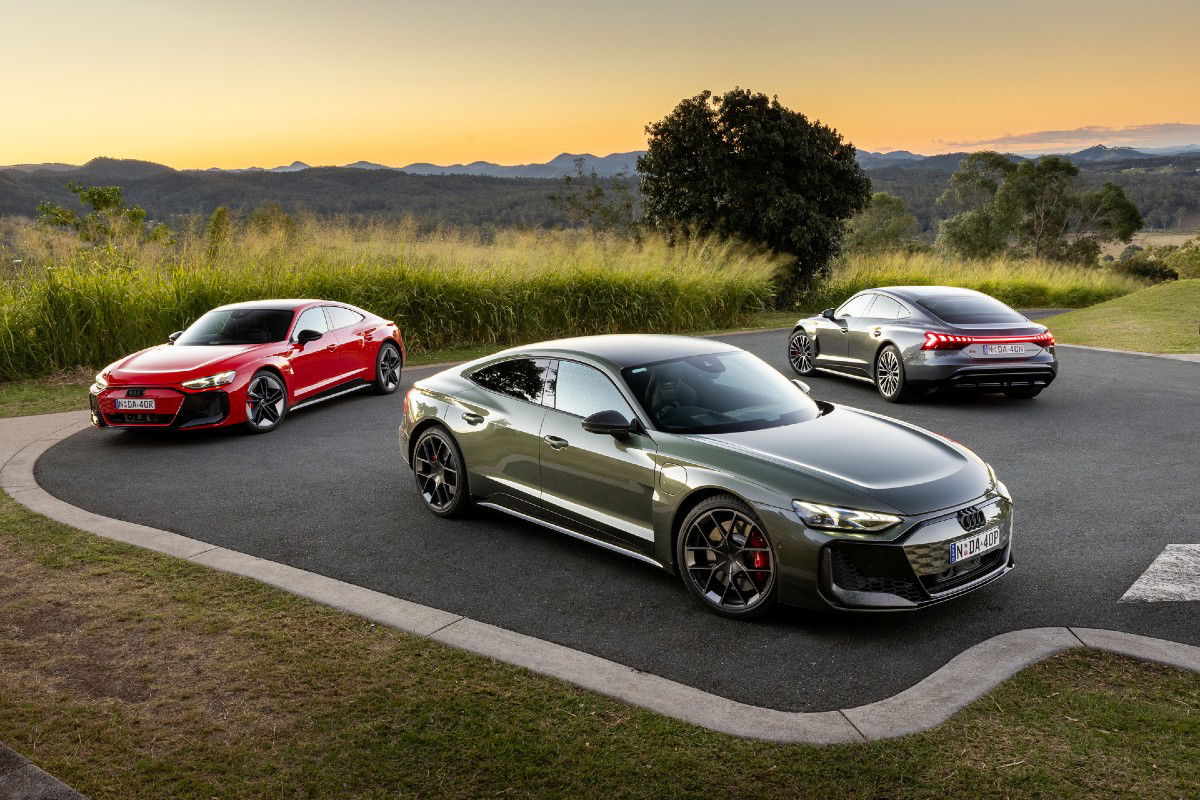It’s arguably the biggest change to the automotive industry in history, with carmakers now less than a decade away from being banned from selling new petrol and diesel vehicles in Europe.
In 2035, a ban on internal combustion engines will take effect in one of the world’s largest automotive markets, which will undoubtedly lead to ripple effects in other regions.
The European car industry remains divided on the ban, as some brands – such as Mercedes-Benz and BMW – have called for it to be scaled back, while others support the legislation and are doing what they can to be compliant with it.
Speaking to German business publication WirtschaftsWoche, Audi CEO Gernot Döllner called any resistance to the ban “counterproductive”, and made known his feelings about EVs as the future of motoring.

“I know of no better technology than the electric car for making progress in reducing CO2 emissions in transport in the coming years,” Döllner said.
“But even apart from climate protection, the electric car is simply the better technology.”
Döllner added debates about keeping internal combustion engines alive were “counterproductive and unsettles customers”.
While Audi is undoubtedly backing the 2035 ICE ban in Europe, it recently made a U-turn on its decision to end development of engines by 2026.

In June, Döllner told Autocar he “believes in flexibility”, and that a host of new ICE models are coming in the near future.
“Audi is launching from 2024-2026 a completely new line-up of internal combustion engine and plug-in hybrid vehicles, and that gives us complete flexibility for at least another seven, eight, maybe 10 years, and then we will see how our markets develop.
“We have already decided to extend the production beyond the communicated end dates of the past.”
Audi announced it would only sell EVs in a majority of markets by 2033 back in 2021, though China was excluded from that announcement.
Since then, Audi has continued to release new ICE models at a rapid rate, though most have at least been equipped with plug-in hybrid powertrains to bridge the gap between the brand’s current position and an all-electric future.
Last week, reports emerged that a potential electric version of the Audi RS6 – called the RS6 e-tron – had been scrapped, with the high-performance wagon to live on with V8 power and hybrid assistance.












Discussion about this post